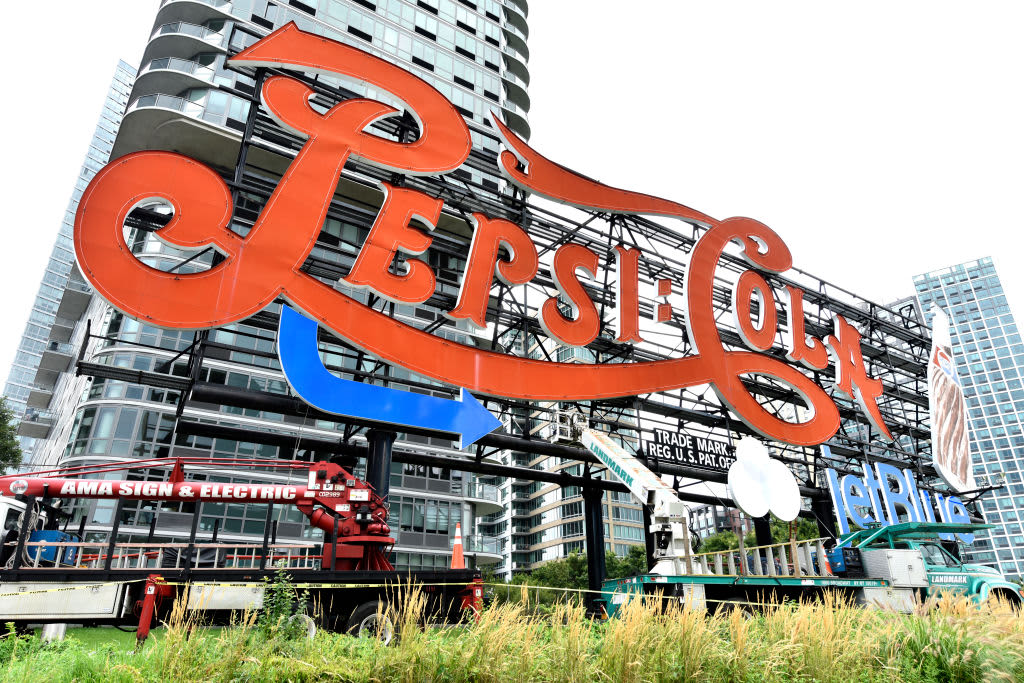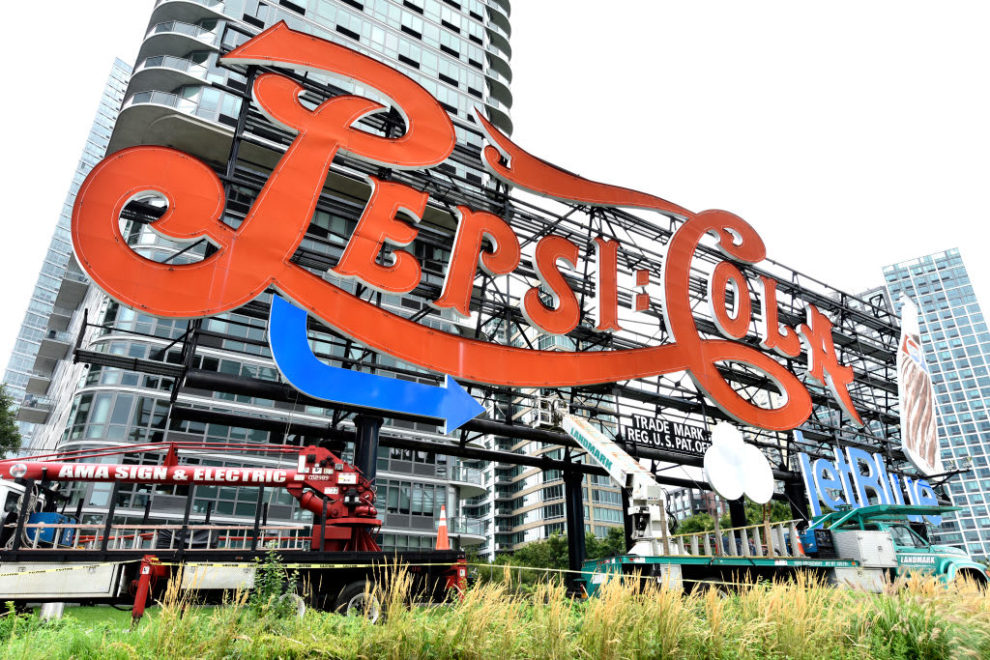
PepsiCo on Tuesday reported its first-quarter adjusted earnings rose 10% as consumers stocked up on its drinks and snacks to prepare to spend more time at home.
However, the company pulled its fiscal 2020 outlook, citing the “the uncertainties associated with the magnitude and duration of the Covid-19 pandemic on our business.”
Chief Financial Officer Hugh Johnston said that its second-quarter organic revenue is expected to shrink by low-single digits as the closures of restaurants, movie theaters and sports stadiums weigh on Pepsi’s business.
Shares of the company rose 1% in premarket trading.
Here’s what the company reported in the quarter ended March 21:
- Earnings per share: $1.07, adjusted
- Revenue: $13.88 billion
The Frito-Lay owner reported fiscal first-quarter net income of $1.34 billion, or 96 cents per share, down from $1.41 billion, or $1.00 per share, a year earlier. Excluding items, Pepsi earned $1.07 per share.
Net sales rose 7.7% to $13.88 billion. The company reported organic revenue growth of 7.9%.
Wall Street anticipated earnings per share of $1.03 on revenue of $13.21 billion, based on a survey of analysts by Refinitiv.
Excluding consumers’ pantry-loading at the tail end of the quarter, Pepsi estimates organic revenue rose 5%, thanks in part to a strong Super Bowl.
Quaker Foods North America, which has struggled in recent quarters, and Frito-Lay North America both saw organic revenue grow by 7% during the quarter.
Its North American drinks business reported organic revenue growth of 6%. However, consumers’ change in buying habits during the quarter hurt the unit’s profitability, according to CEO Ramon Laguarta.
In the U.S. and Canada, demand spiked in March, and consumers shifted where they were buying Pepsi’s food and drinks as shelter-at-home orders went into place. Johnston said that the company is facing higher labor and transportation costs as it tries to meet higher demand for Pepsi products.
Laguarta said that consumers are eating breakfast more and snacking more during the day. Still, the negative impact on the beverage business outweighs the lift to snack sales.
“The key uncertainty that we are facing is around timing and when consumers may shift back to restricted recovery and a new normal,” Laguarta said.
He added that Pepsi expects that consumer behavior will eventually shift back to old patterns, with a few exceptions. Sales at gas stations and convenience stores are expected to pick up once consumers begin returning to work, while restaurants, movie theaters and sports stadiums will take longer to bounce back.
Given the questions around the timing of these events, Pepsi withdrew its fiscal 2020 forecast. In February, the company said it expected 4% organic revenue growth and 7% earnings per share growth after stripping out currency fluctuations in 2020.
Despite the uncertainty, the company is still expecting to repurchase $2 billion in shares and spend $5.5 billion on dividends in fiscal 2020, even as many other publicly traded companies suspend their buyback programs and slash their dividends to preserve cash.
Pepsi also said Tuesday that it has closed its $3.85 billion acquisition of Rockstar Energy, freeing up the company to make distribution deals with other energy drink makers. The company said that it has signed an exclusive U.S. distribution deal with Vital Pharmaceuticals, which makes the fast-growing Bang performance energy drinks.











Add Comment